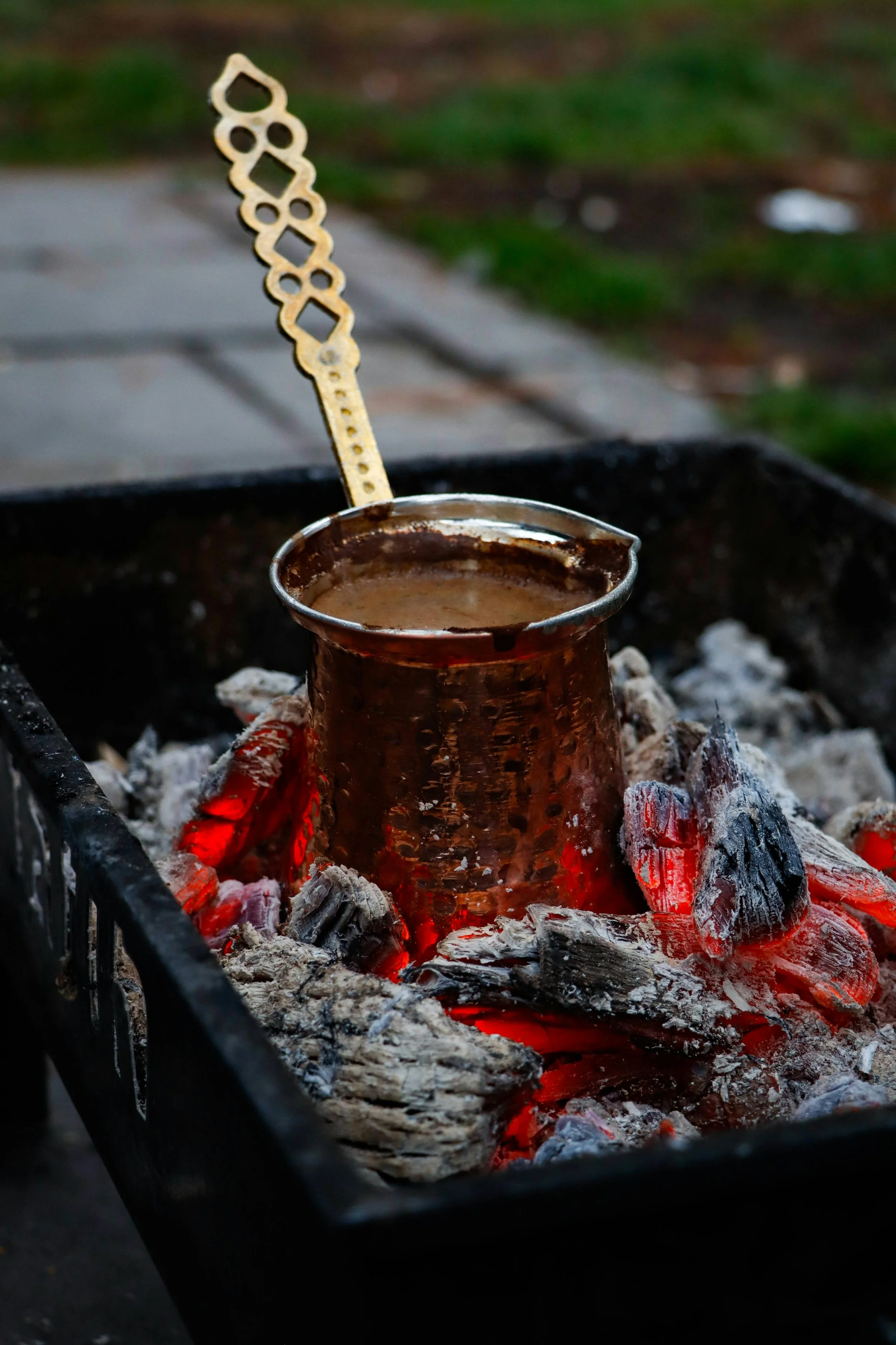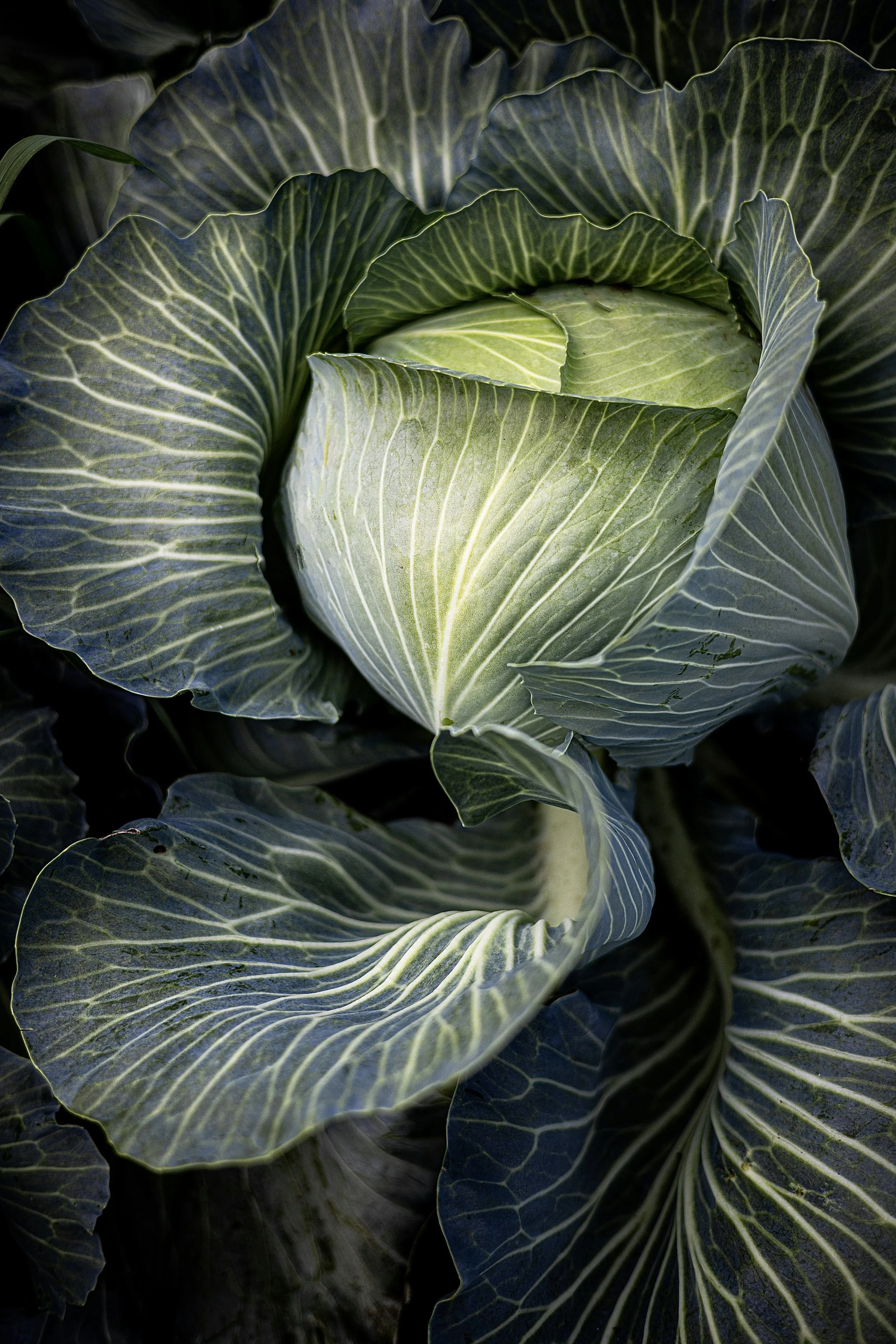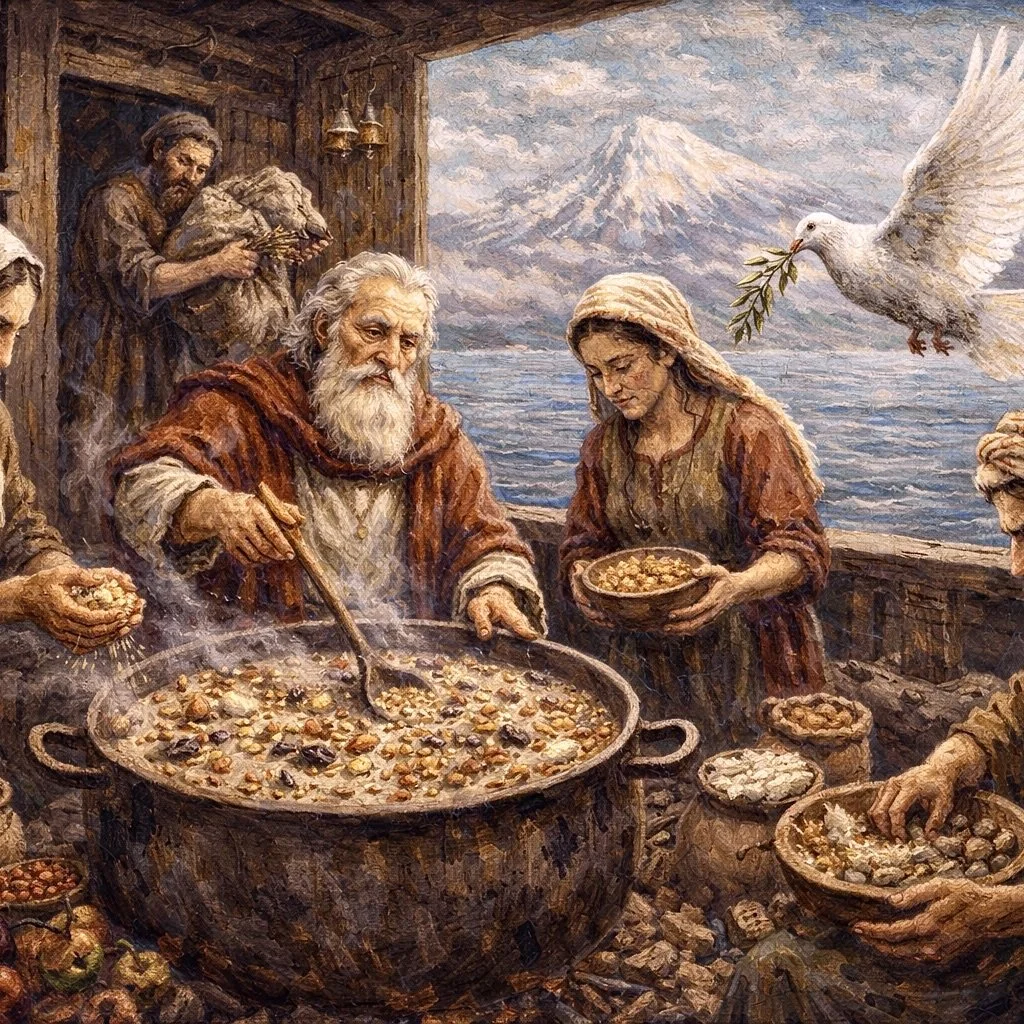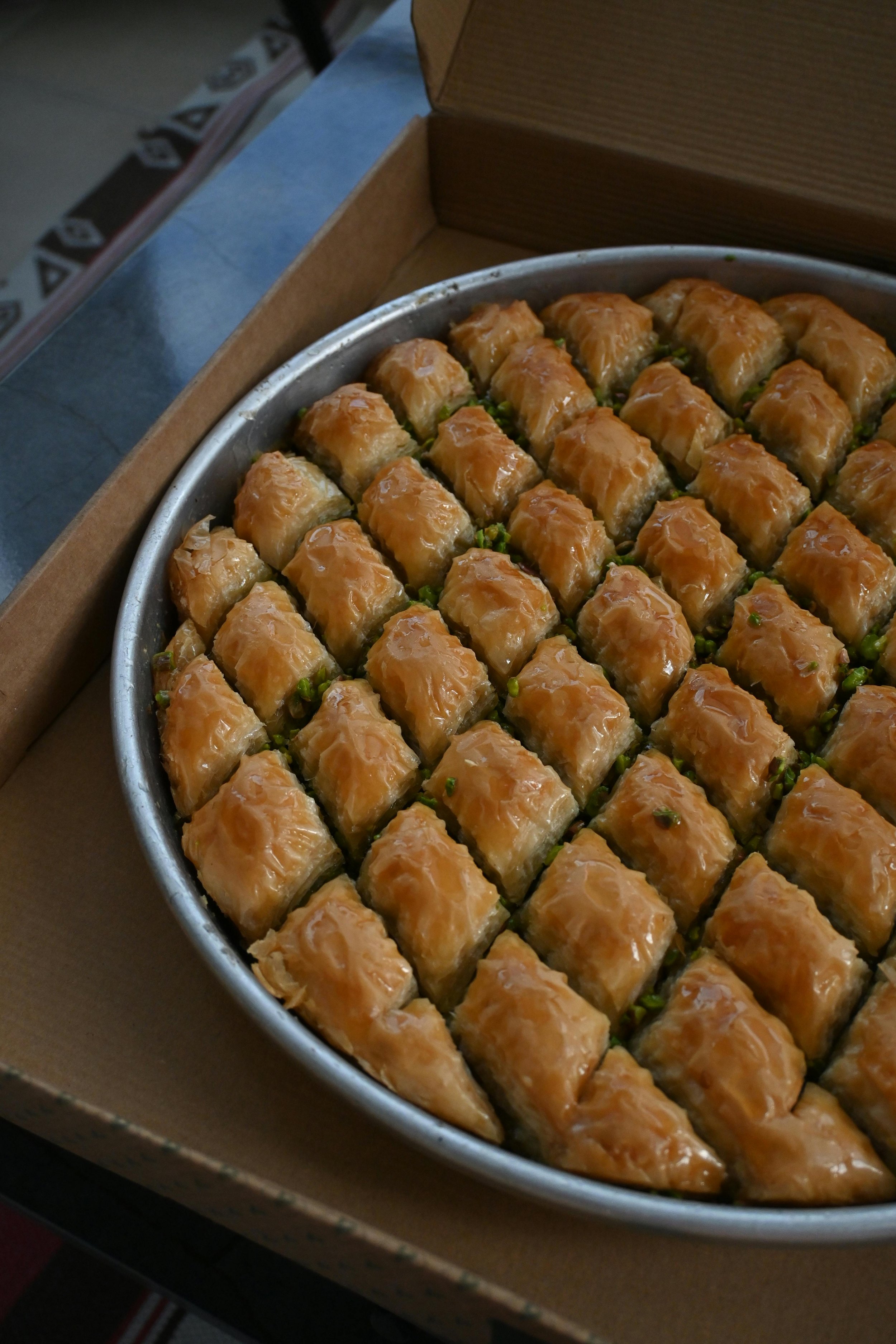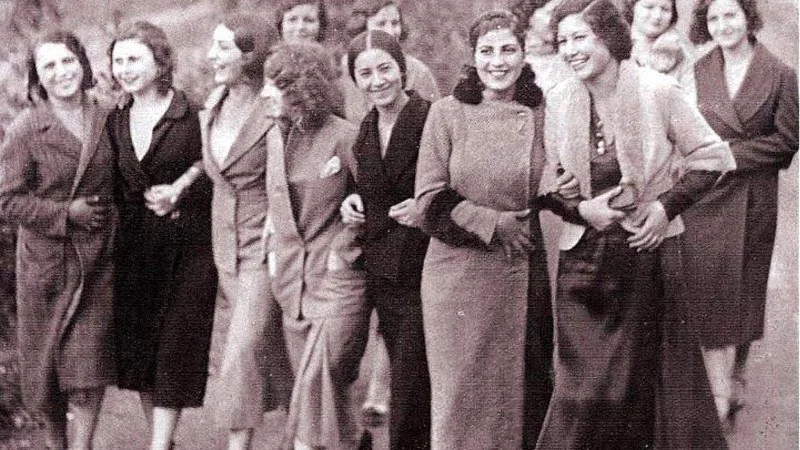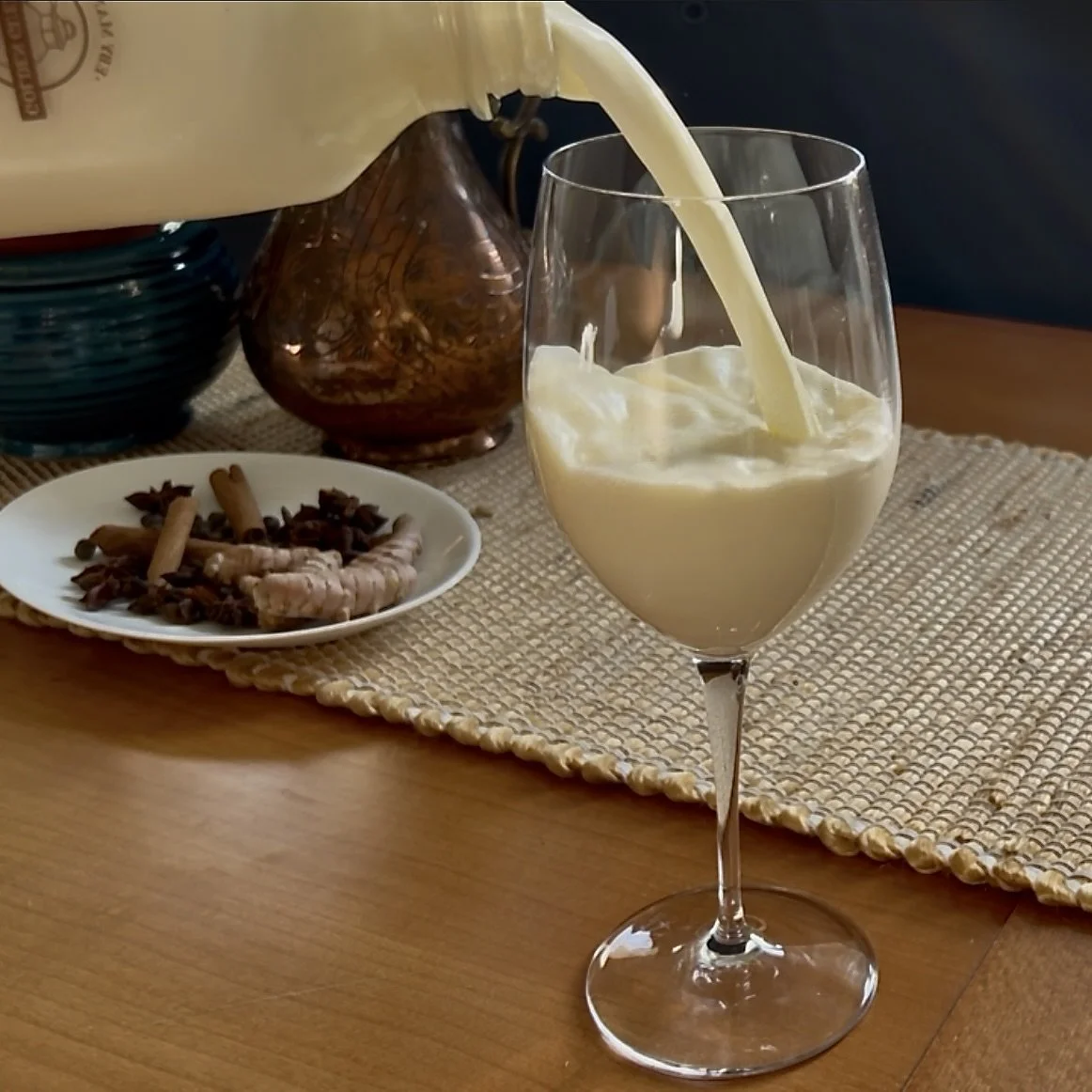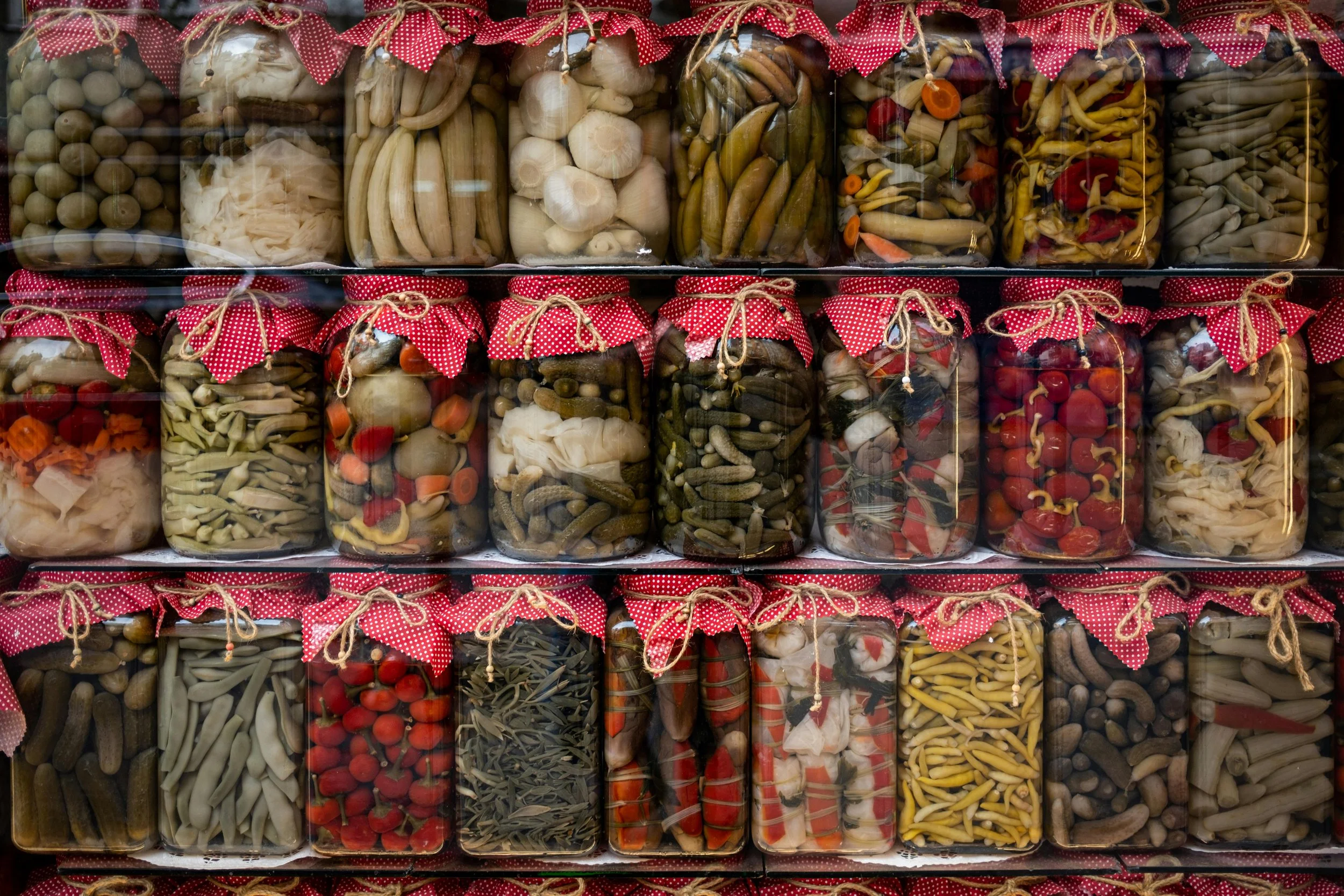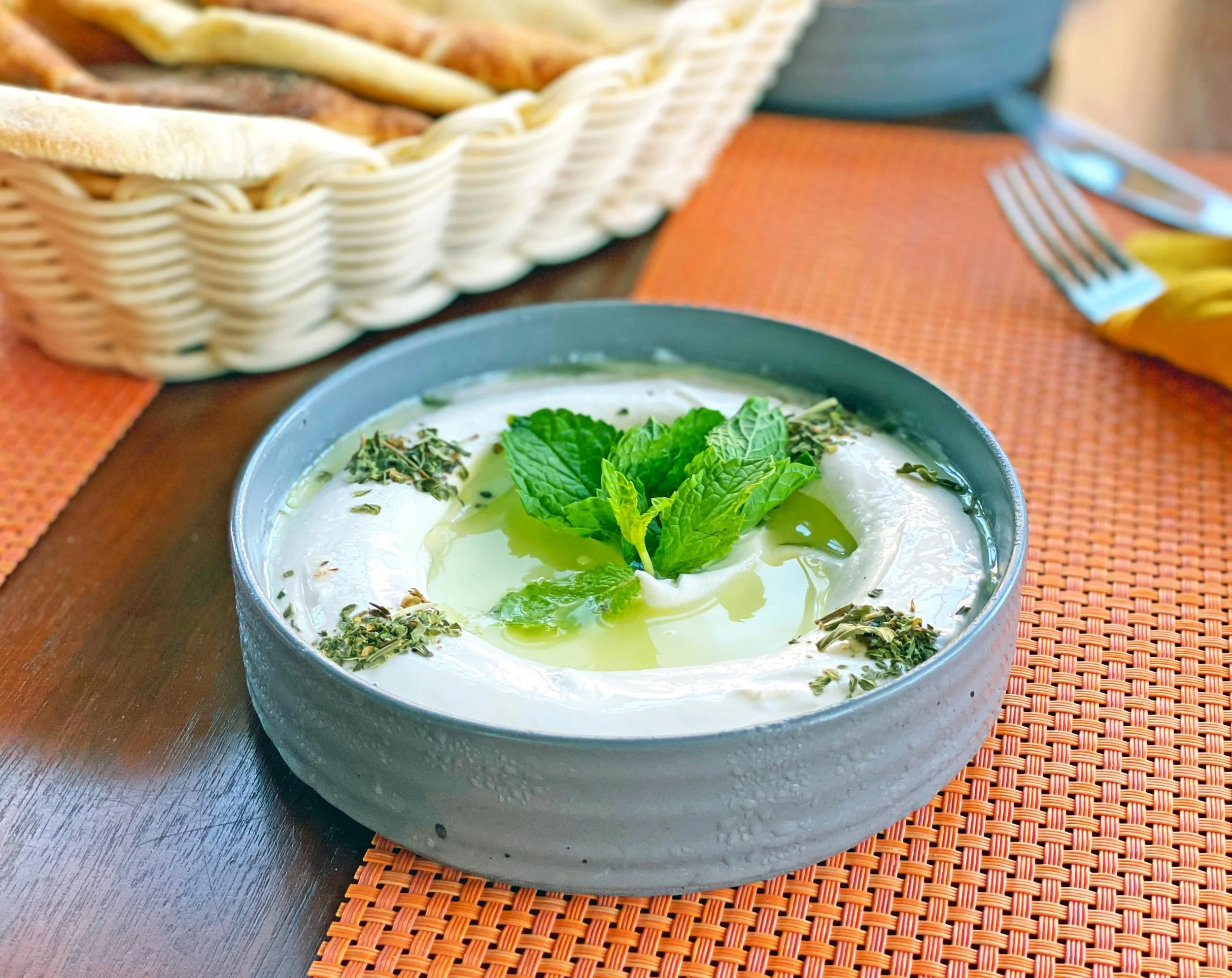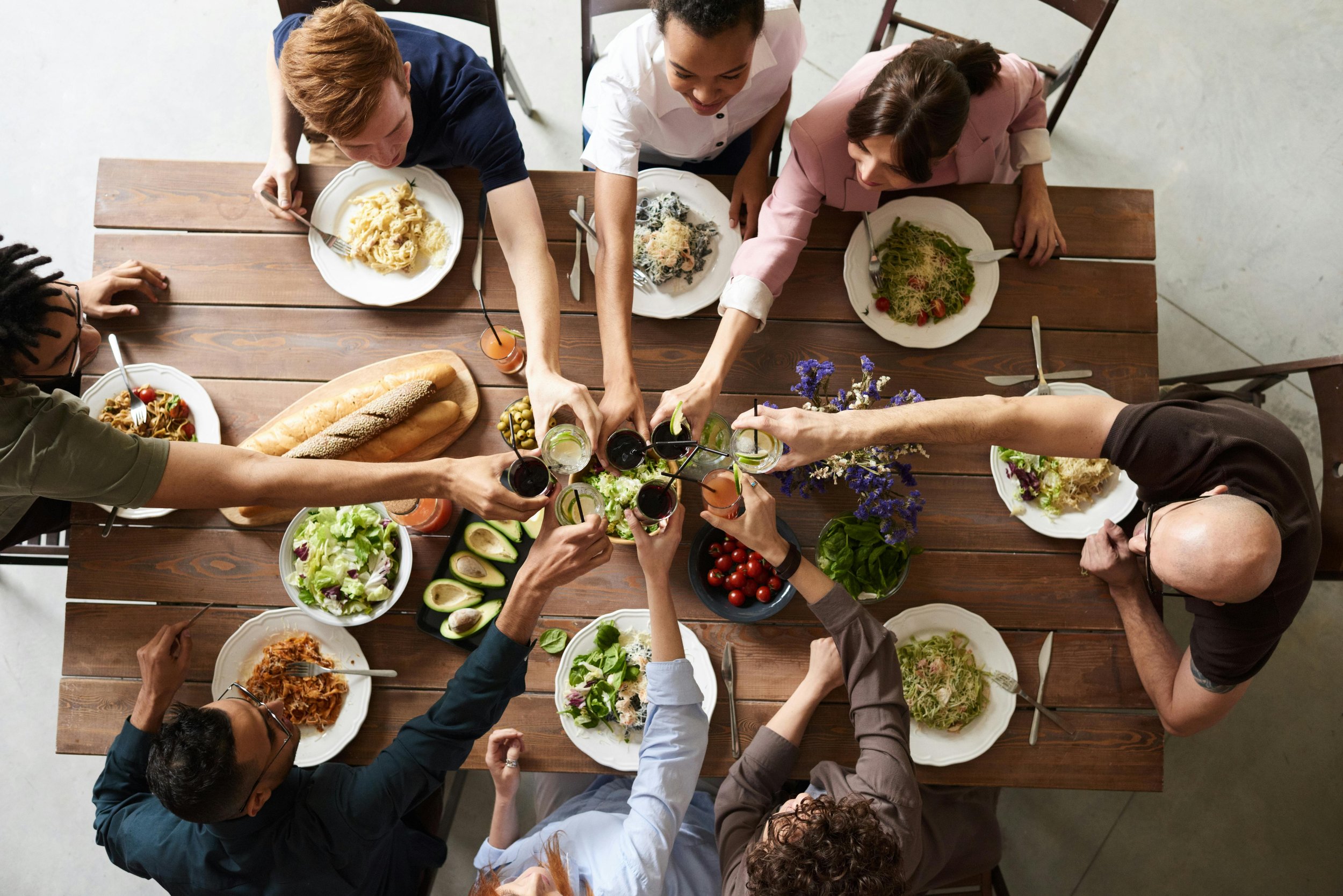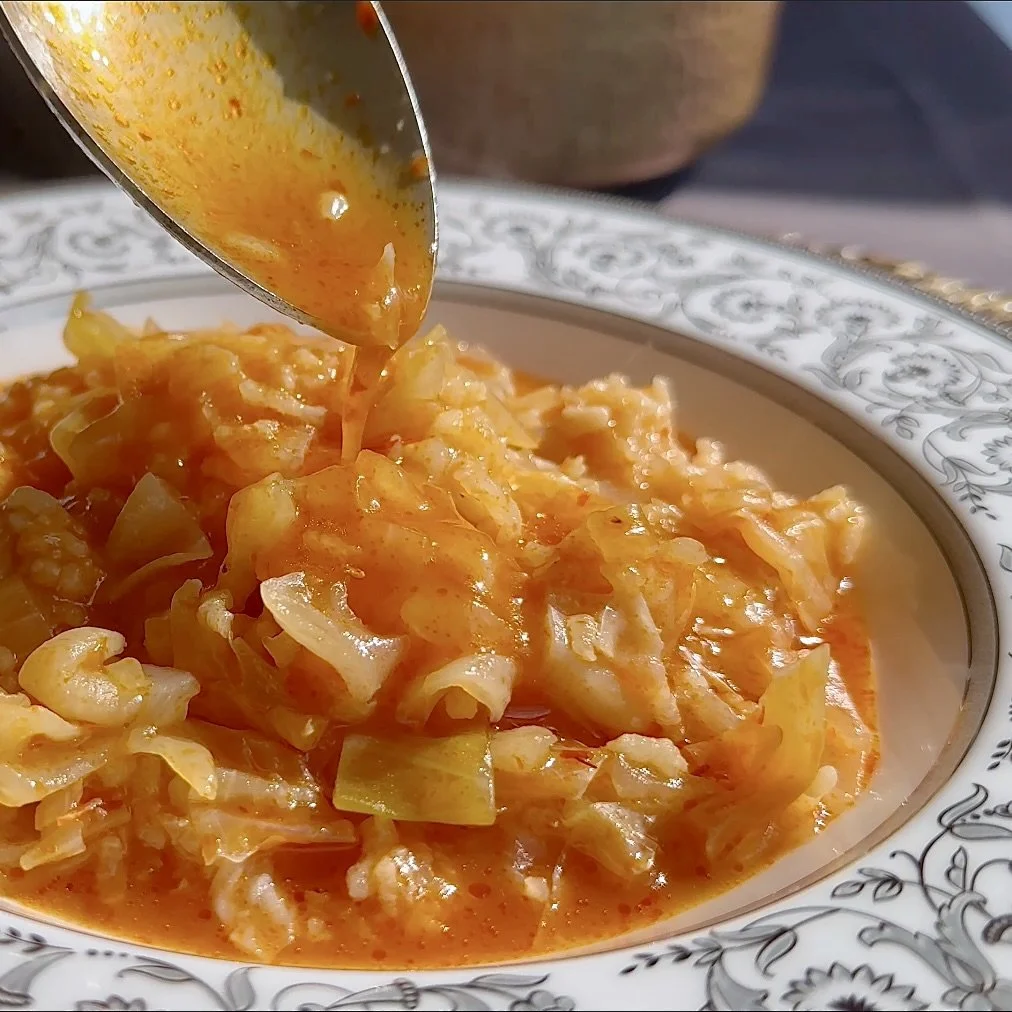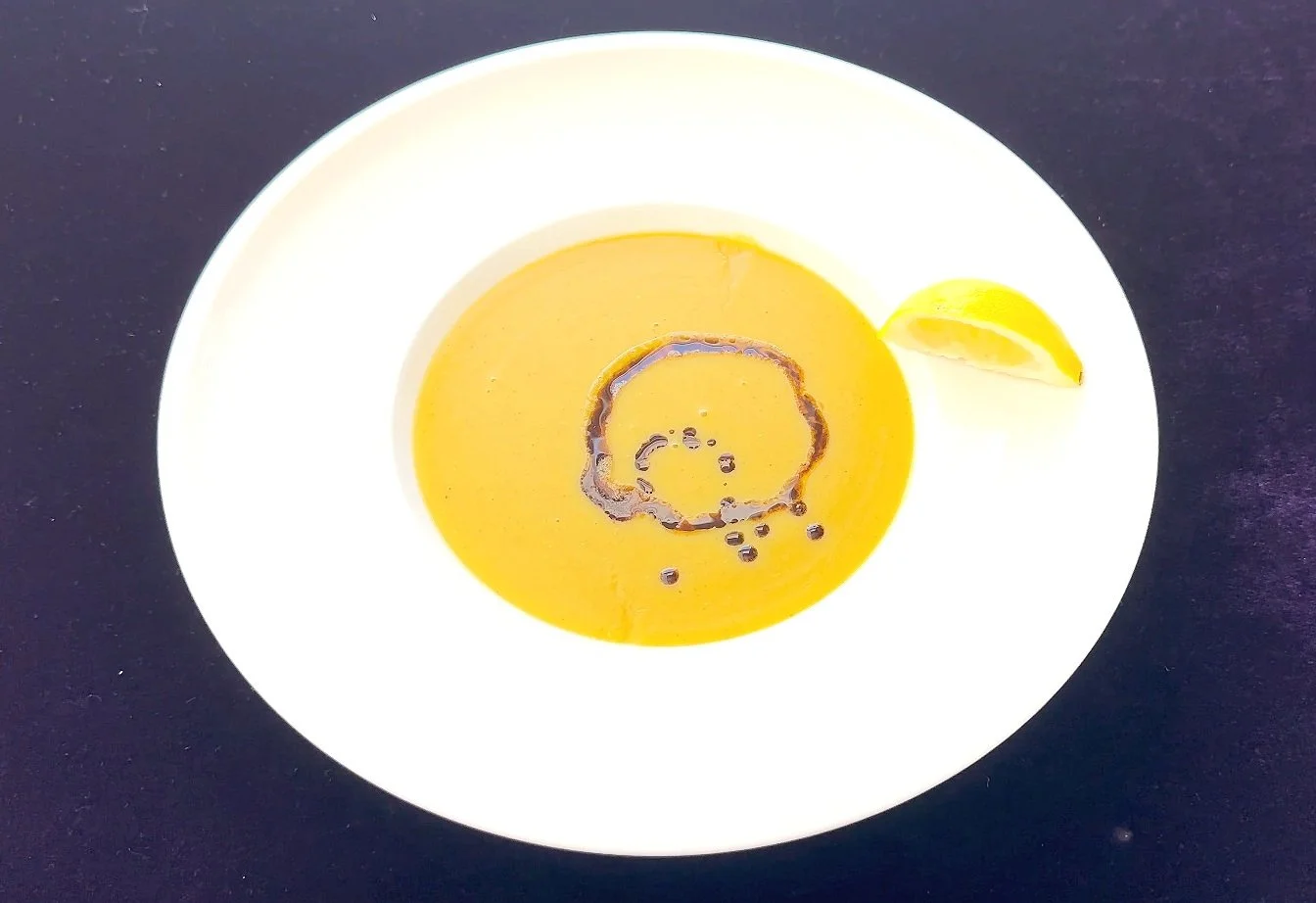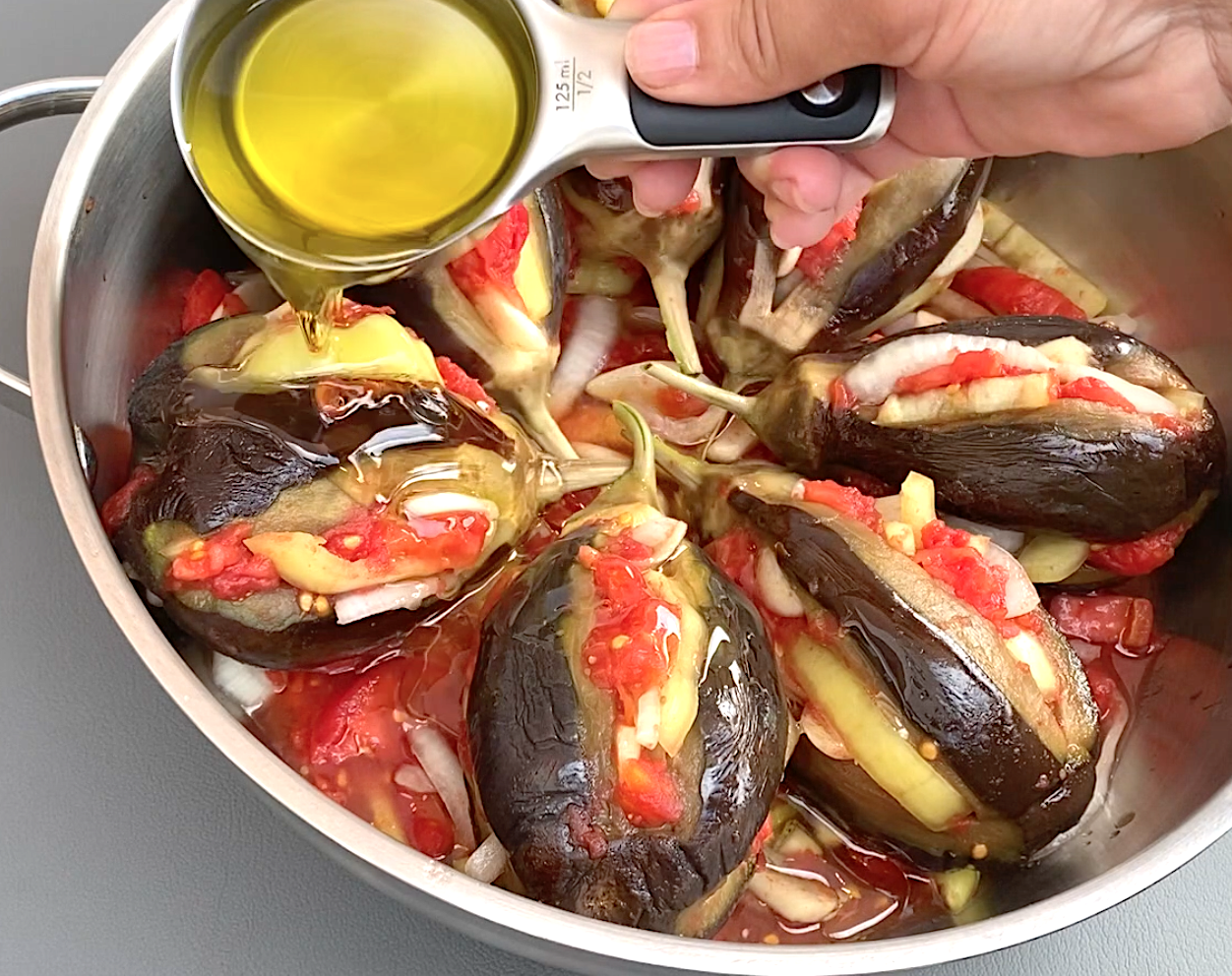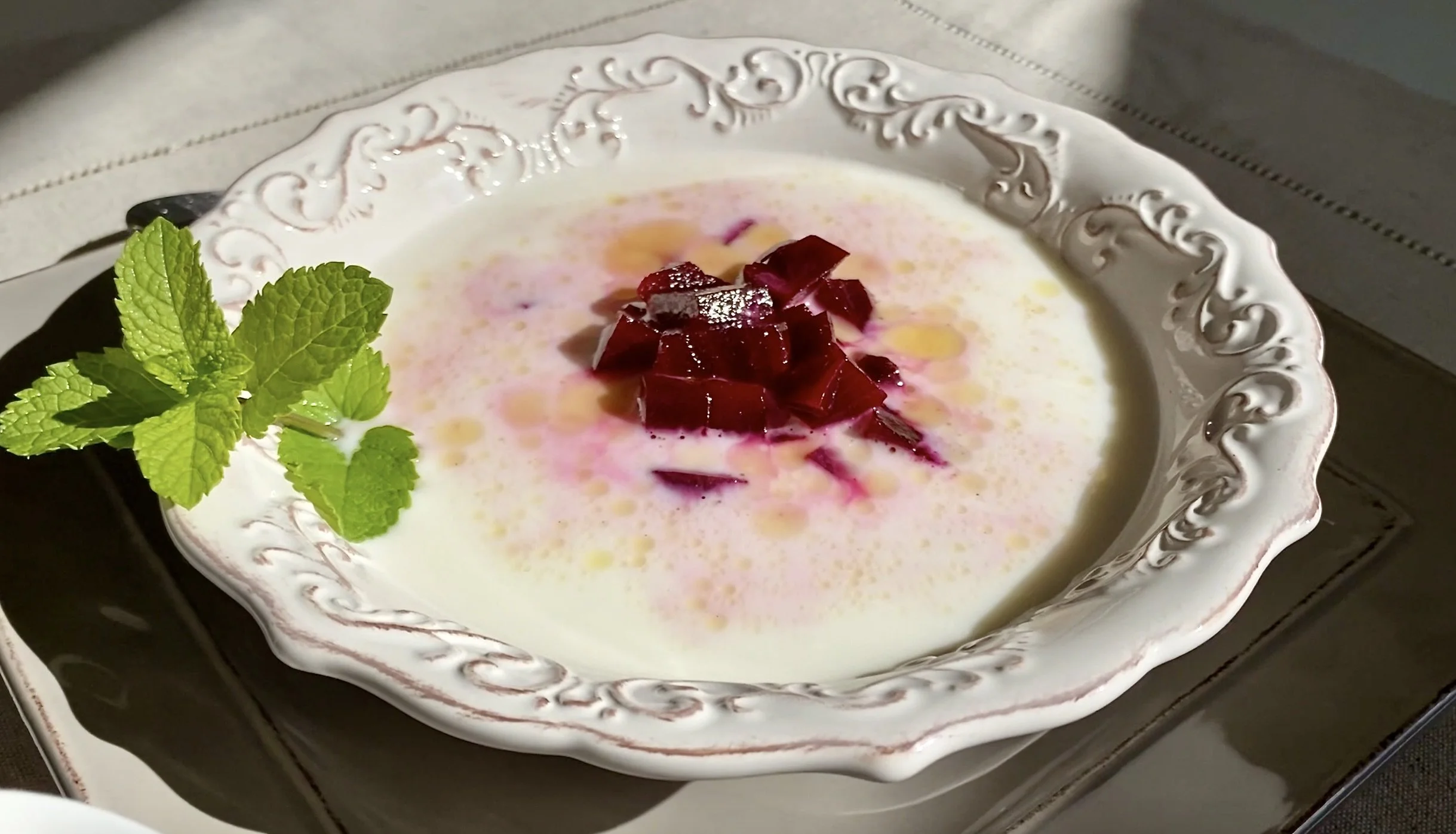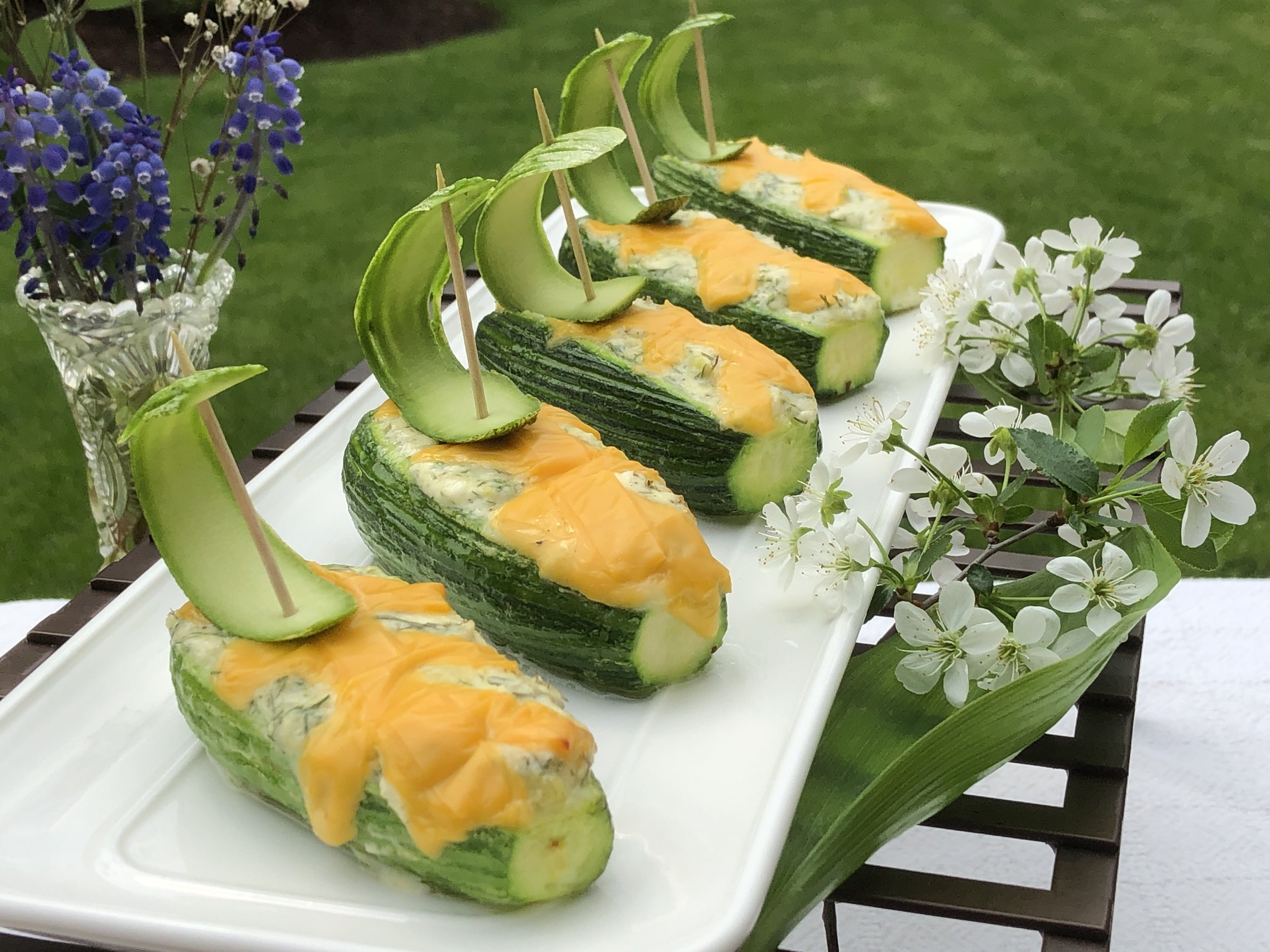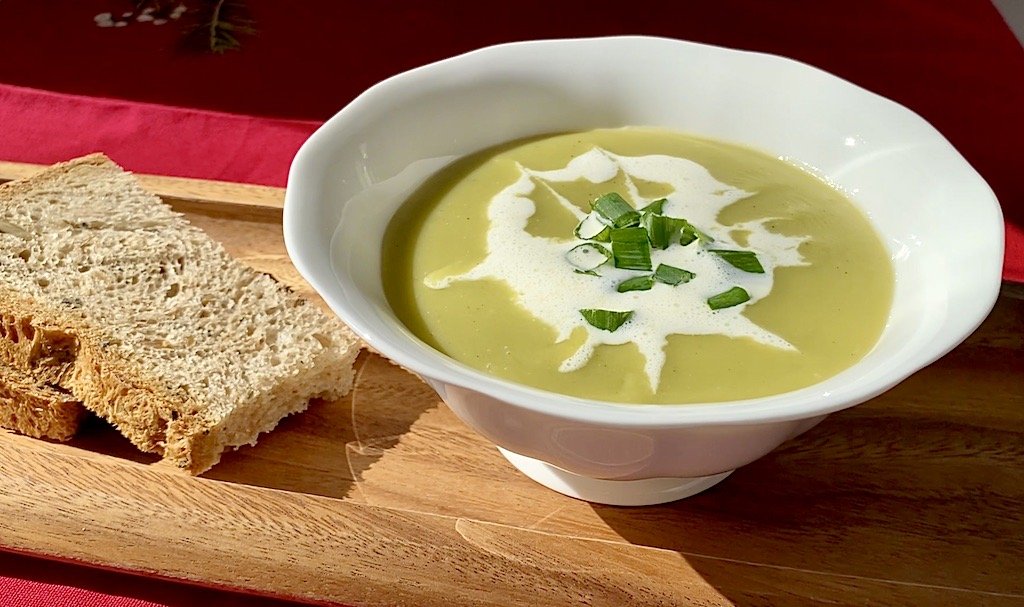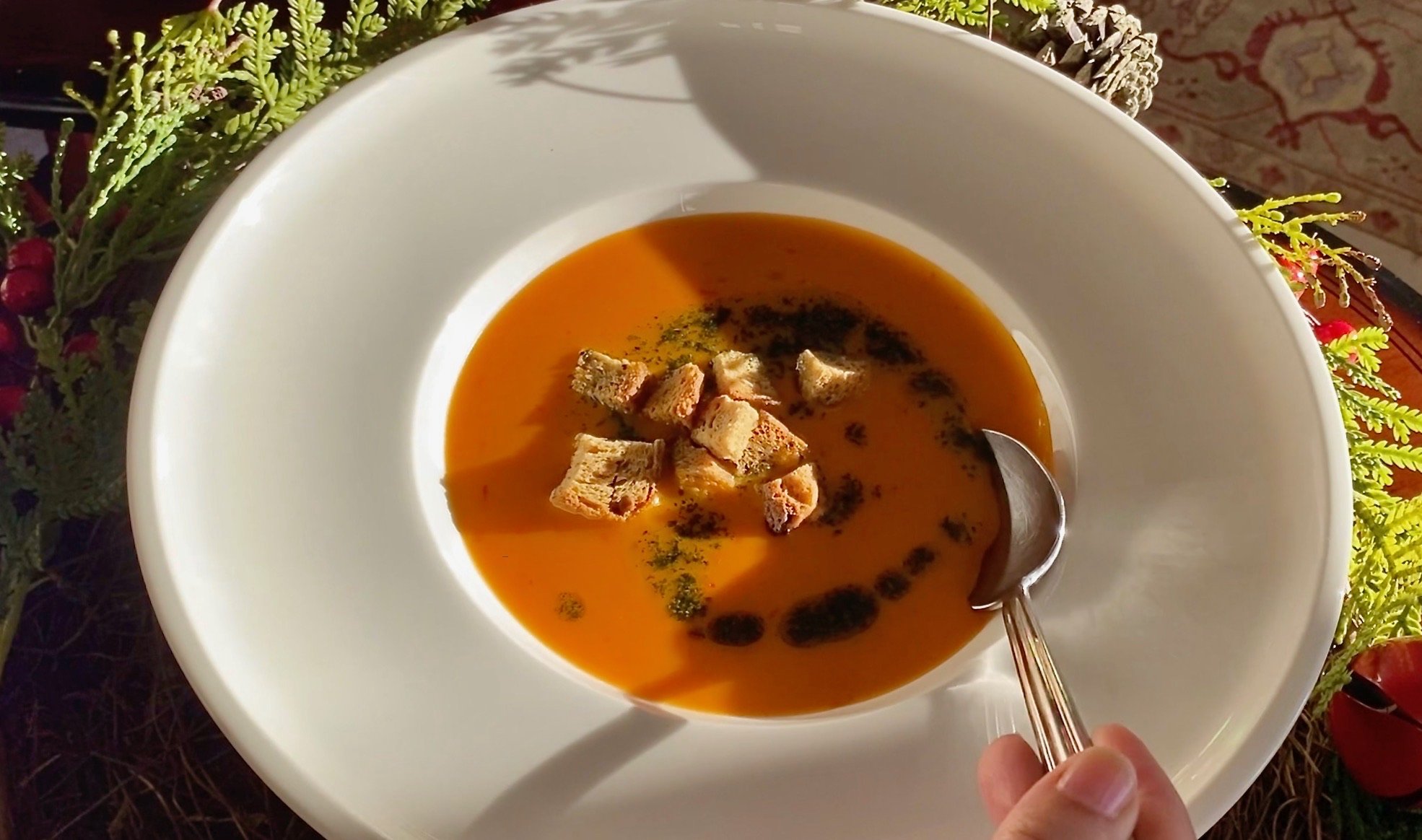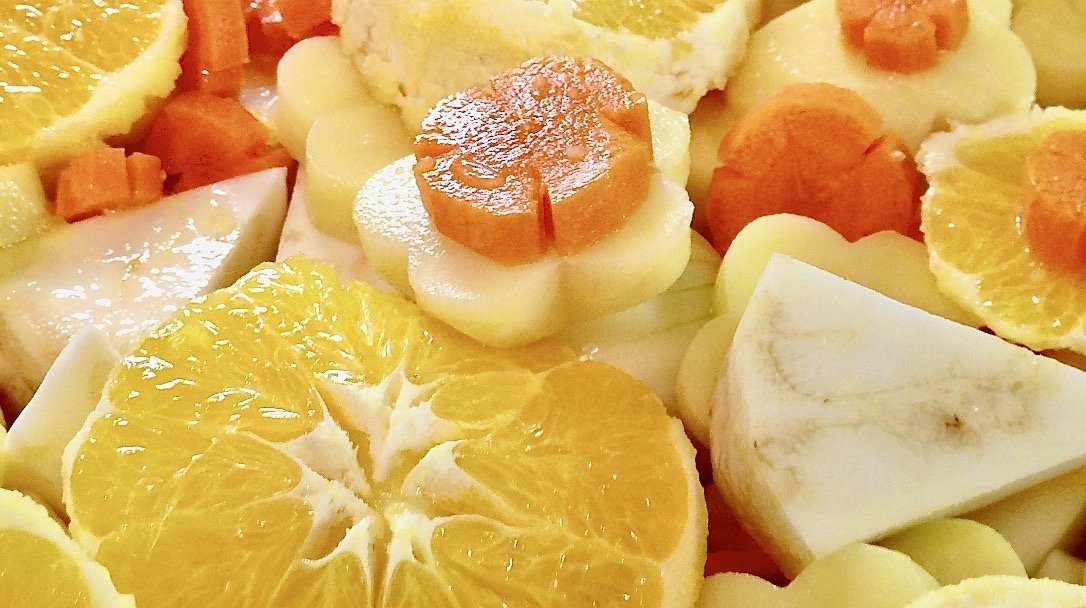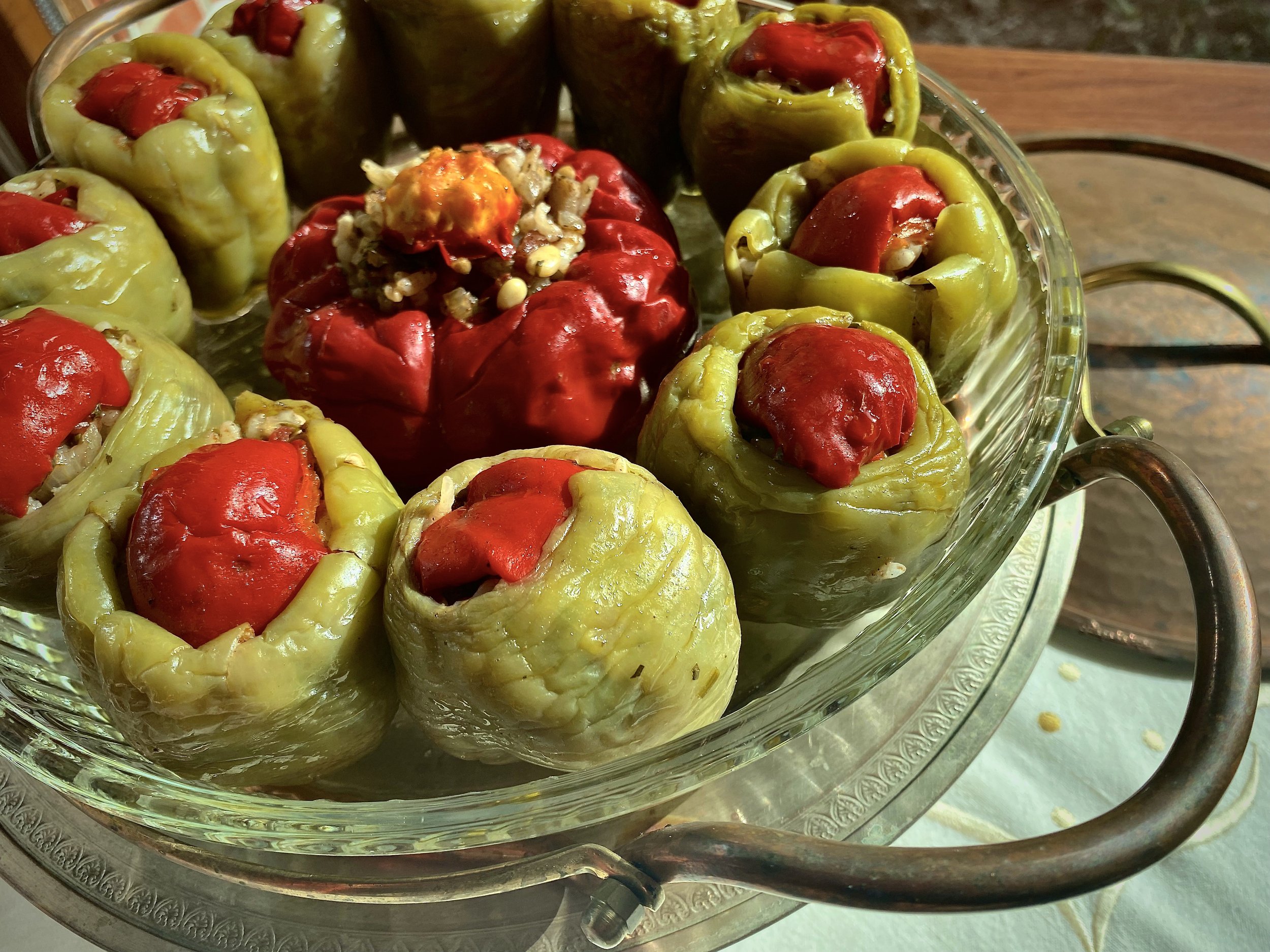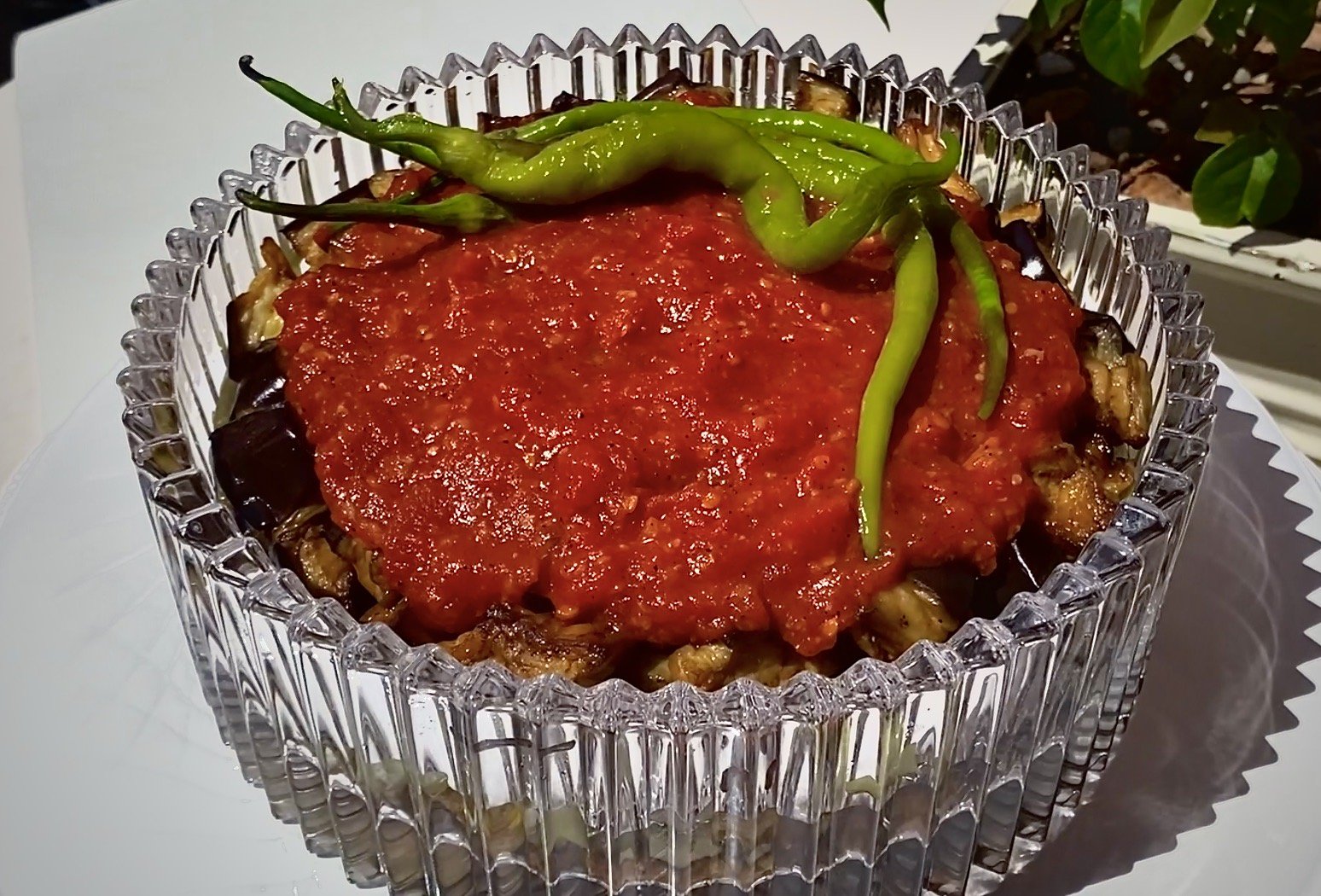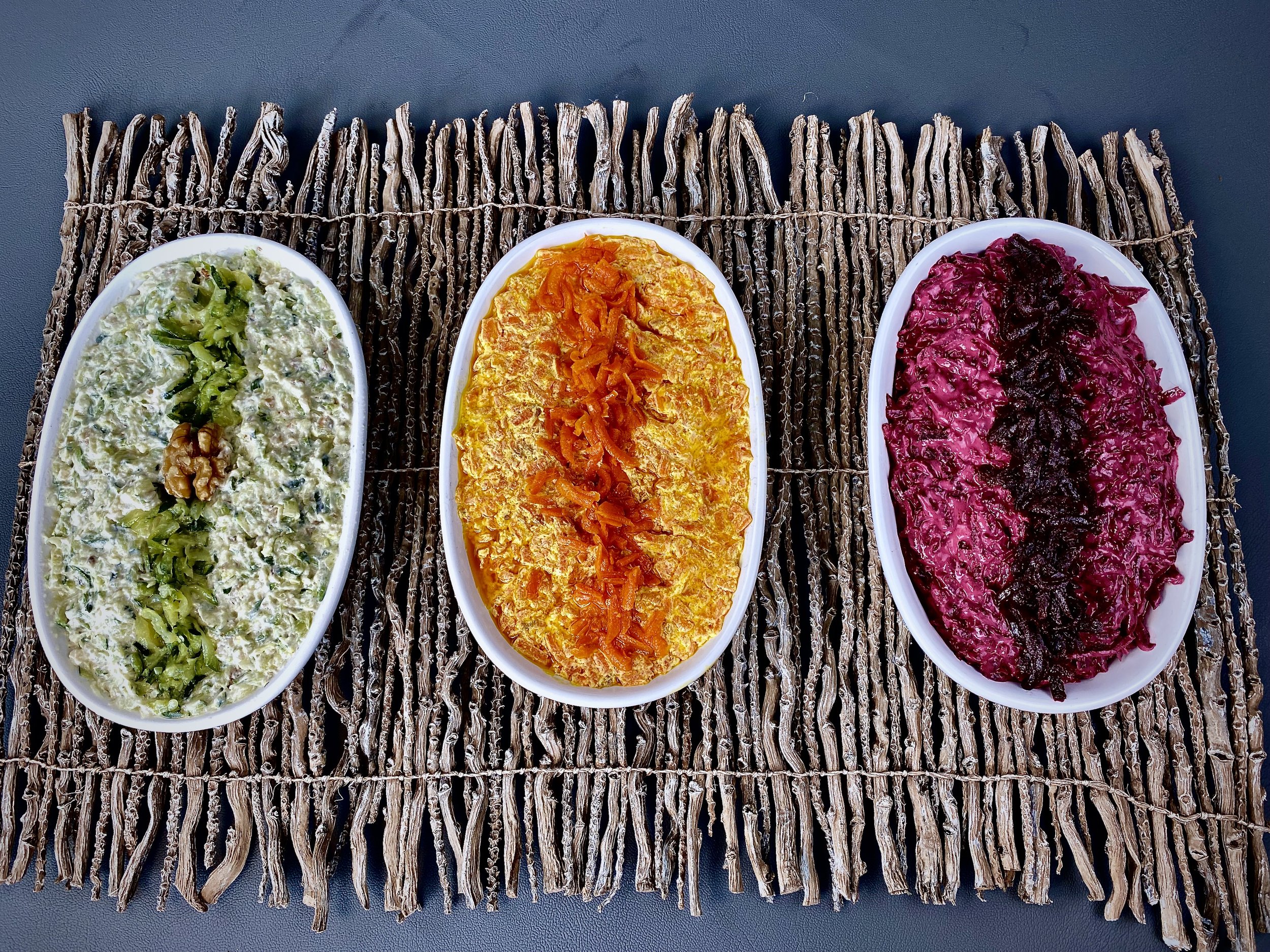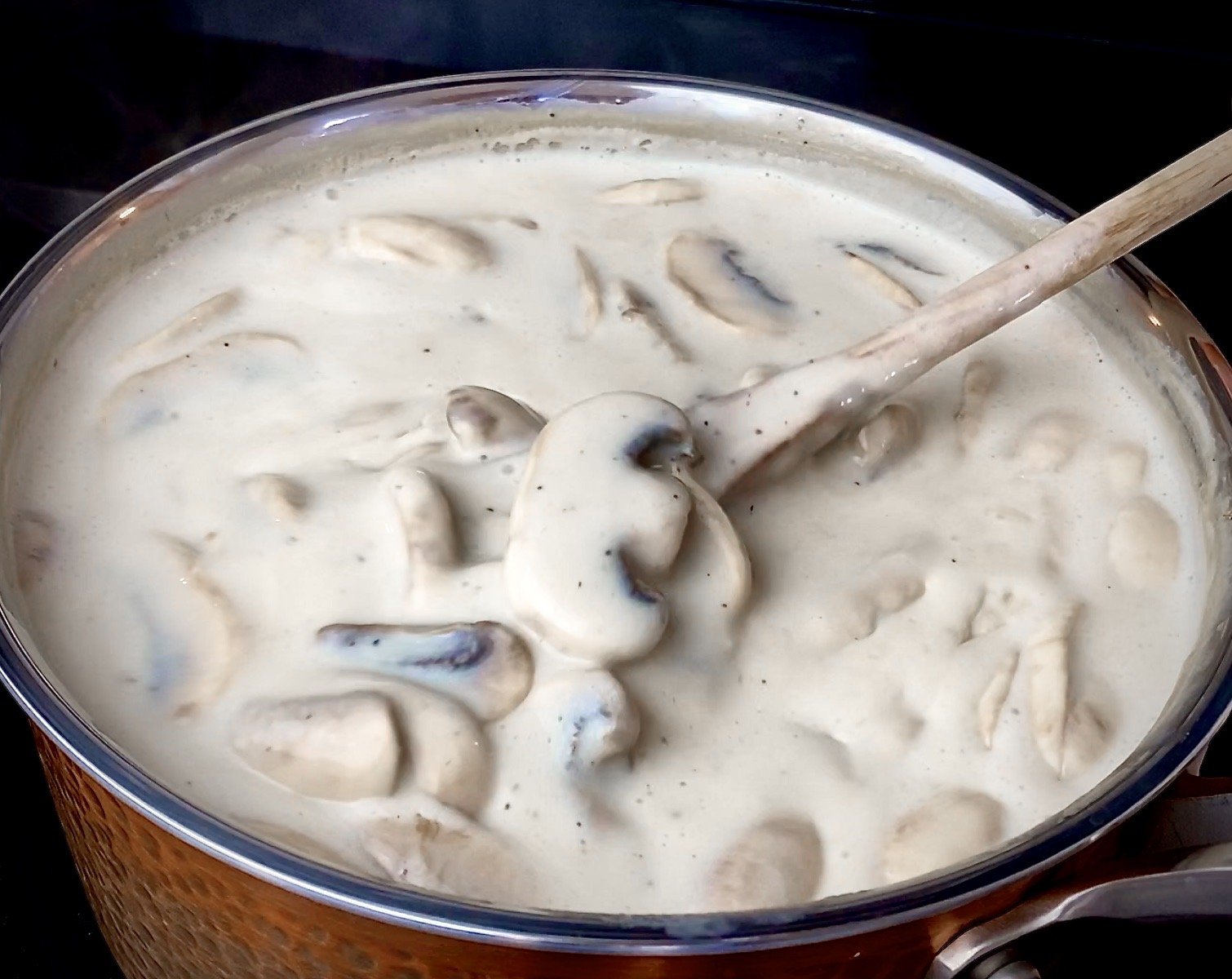Tradition: Debunking Myths About Traditional Recipes and Lifestyle
Introduction: Defining Tradition in a Modern Context
In the world of food, the word "traditional" often comes with an aura of rigidity—the belief that traditional recipes and methods must be followed exactly as they were in the past, with no room for flexibility or adaptation. For many, traditional cooking is seen as time-consuming, complicated, and sometimes even outdated—a set of practices bound to the past and disconnected from modern, fast-paced lives.
At Fairies' Cuisine, we see tradition differently. For us, traditional recipes and methods are living practices—deeply rooted in the past but always evolving with the present. Rather than being rigid and restrictive, tradition is a way of connecting with our cultural roots while embracing the needs of today’s world. We believe that traditional cooking doesn’t have to be difficult or out of reach—it can be simple, practical, and incredibly rewarding when approached with a sense of intentionality and adaptability.
Myth #1: "Traditional Recipes Are Hard to Make and Too Time-Consuming"
The idea that traditional recipes are difficult to make and require hours of preparation is a common misconception. Many people assume that cooking traditional dishes means spending hours in the kitchen, with complicated steps and hard-to-find ingredients. This myth often leads people to shy away from trying traditional cooking at all, thinking it’s simply too much effort.
In reality, many traditional dishes are based on simple, accessible ingredients—rice, lentils, vegetables, and herbs—foods that are easy to find and relatively quick to prepare. For example, pickling, preserving, and fermentation are traditional practices that not only enhance flavours but also make food easier to store and enjoy later. Many traditional Turkish dishes—such as soups, pilavs, and vegetable-based stews—take minimal prep time once you understand the basics. What’s often considered “traditional” is simply a matter of using fresh, seasonal ingredients and cooking with intention rather than rushing through the process.
So, rather than seeing traditional recipes as something to avoid because of time constraints, we encourage you to see them as an opportunity to slow down, engage with your ingredients, and enjoy the simplicity of cooking in the traditional style.
Myth #2: "Traditional Cooking Is About Perfection, and It Must Be Done Exactly Right"
There’s a prevailing belief that traditional cooking is about perfection—that you must follow the exact steps of a recipe with precision. People often feel pressure to get things just right, fearing that any deviation from the original method will ruin the dish.
But here’s the truth: tradition isn’t about rigid rules or perfection—it’s about the spirit of the dish and the essence of the practices that have been passed down. Every family, region, and cook will have their own variations on a dish, depending on available ingredients, personal tastes, and even kitchen equipment. For example, one family may add extra garlic to their kısır (bulgur salad), while another may use slightly more olive oil in their dolma (stuffed grape leaves). These variations are all part of what makes traditional cooking alive. Rather than perfectly replicating every detail, it’s about the connection to the food and the people around the table.
At Fairies' Cuisine, we embrace these differences. We believe that cooking traditionally means honouring the core values of the dish—using fresh, local ingredients, seasoning with love, and creating something nourishing and meaningful. It’s not about getting the recipe perfect every time; it’s about feeling connected to the origins, while also making the dish your own and enjoying the process.
Myth #3: "Traditional Recipes Are Unhealthy and Outdated for Modern Lifestyles"
In today’s world, where health-conscious diets are on the rise, many people think that traditional recipes are full of fat, sugar, and calories—not in line with the current focus on clean eating or weight management. Some may assume that traditional foods are too rich or heavy for modern, health-conscious lifestyles.
However, traditional recipes often focus on whole foods, seasonal ingredients, and balance—all things that are essential to a healthy modern lifestyle. Turkish and Anatolian cuisines, for example, use olive oil, fresh vegetables, lean meats, and legumes—ingredients that are nutrient-dense and promote overall well-being. Dishes like lentil soup, vegetable stews, and olive oil-based dishes are naturally healthy, and traditional pickling and fermentation methods introduce probiotics that aid digestion.
Traditional methods like cooking with fresh produce, preserving seasonal foods, and fermenting ingredients are more relevant today than ever. These practices encourage people to reconnect with natural, nourishing foods instead of relying on processed ingredients or artificial additives. It’s not just about eating well; it’s about honouring the simple, wholesome ways that food has always been prepared. By embracing traditional methods, you can support your body’s health and reconnect with food in its purest form.
Why Embracing Tradition Makes Sense
Now that we’ve cleared up some common misconceptions, here’s why we believe tradition is so important—and why it’s an essential part of a healthy, modern life.
At Fairies’ Cuisine, we think that traditional recipes are more than just old methods passed down through generations—they are grounded in wisdom that helps us live healthier and more sustainable lives today. By learning traditional cooking techniques, we slow down, connect with our food, and reclaim control over what we eat. In today’s world, where fast food and convenience often take priority, traditional practices like seasonal eating, fermentation, and preserving food remind us that food can be simple, nourishing, and connection-based. These practices also offer a deep sense of pride in caring for yourself and your family—skills that can be passed down and adapted for future generations.
Tradition isn’t about rejecting modern life, unnecessary strain, or pushing people to be perfect; it’s about learning from the past, embracing the present, and creating a lifestyle that’s grounded in health, community, and balance.
Conclusion: Embrace the Timeless Joy of Traditional Cooking
The myths surrounding traditional recipes and methods often prevent people from embracing the richness and versatility that traditional cooking can bring to their lives. But when you start to see tradition as a living, evolving practice rather than a fixed set of rules, you’ll discover a world of flavours, health benefits, and personal satisfaction that comes from cooking with intention and connection.
Most people still hold on to outdated perceptions about traditional cooking—thinking it’s too complex, too rigid, or too unhealthy. But in reality, embracing these practices can make your life more practical, enjoyable, and grounded. It’s a way to take control of what you feed your body, nurture your family, and feel proud of the food you create. Traditional cooking doesn’t need to be difficult—it just needs to be authentic, purposeful, and in tune with your life.

